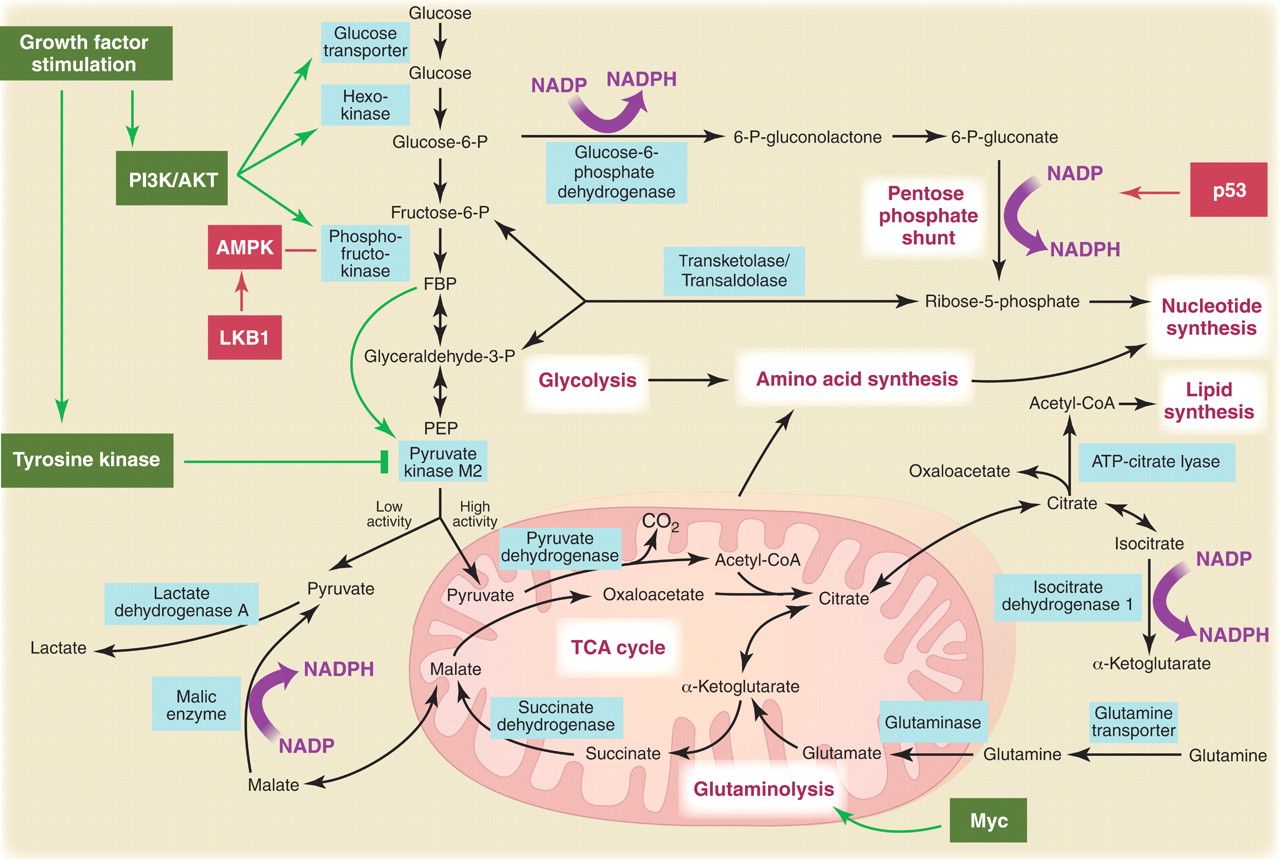Makindo Medical Notes"One small step for man, one large step for Makindo" |
|
|---|---|
| Download all this content in the Apps now Android App and Apple iPhone/Pad App | |
| MEDICAL DISCLAIMER: The contents are under continuing development and improvements and despite all efforts may contain errors of omission or fact. This is not to be used for the assessment, diagnosis, or management of patients. It should not be regarded as medical advice by healthcare workers or laypeople. It is for educational purposes only. Please adhere to your local protocols. Use the BNF for drug information. If you are unwell please seek urgent healthcare advice. If you do not accept this then please do not use the website. Makindo Ltd. |
Human Metabolism
-
| About | Anaesthetics and Critical Care | Anatomy | Biochemistry | Cardiology | Clinical Cases | CompSci | Crib | Dermatology | Differentials | Drugs | ENT | Electrocardiogram | Embryology | Emergency Medicine | Endocrinology | Ethics | Foundation Doctors | Gastroenterology | General Information | General Practice | Genetics | Geriatric Medicine | Guidelines | Haematology | Hepatology | Immunology | Infectious Diseases | Infographic | Investigations | Lists | Microbiology | Miscellaneous | Nephrology | Neuroanatomy | Neurology | Nutrition | OSCE | Obstetrics Gynaecology | Oncology | Ophthalmology | Oral Medicine and Dentistry | Paediatrics | Palliative | Pathology | Pharmacology | Physiology | Procedures | Psychiatry | Radiology | Respiratory | Resuscitation | Rheumatology | Statistics and Research | Stroke | Surgery | Toxicology | Trauma and Orthopaedics | Twitter | Urology
Related Subjects: |Fat Metabolism |Glucose Metabolism |Protein metabolism |Glycolysis_Krebs_Electron_Transport_Chain
Metabolism refers to all chemical reactions involved in maintaining the living state of the cells and the organism. It consists of anabolism (building up) and catabolism (breaking down) processes.
Key Metabolic Pathways
- Glycolysis :
- Breakdown of glucose to pyruvate, yielding 2 ATP molecules and 2 NADH molecules.
- Occurs in the cytoplasm.
- Krebs Cycle (Citric Acid Cycle) :
- Acetyl-CoA combines with oxaloacetate to form citrate, which undergoes a series of reactions to produce ATP, NADH, and FADH2.
- Occurs in the mitochondrial matrix.
- Electron Transport Chain (ETC) :
- Electrons from NADH and FADH2 are transferred through protein complexes to produce ATP.
- Occurs in the inner mitochondrial membrane.
- Gluconeogenesis :
- Synthesis of glucose from non-carbohydrate sources like lactate, glycerol, and amino acids.
- Occurs primarily in the liver.
- Glycogenesis :
- Formation of glycogen from glucose for storage.
- Occurs in the liver and muscle tissues.
- Glycogenolysis :
- Breakdown of glycogen to release glucose.
- Occurs in the liver and muscle tissues.
- Lipogenesis :
- Synthesis of fatty acids from acetyl-CoA.
- Occurs in the cytoplasm of liver and adipose cells.
- Lipolysis :
- Breakdown of triglycerides into glycerol and free fatty acids.
- Occurs in adipose tissue.
- Protein Metabolism :
- Amino acids are deaminated to form keto acids, which enter the Krebs cycle or gluconeogenesis pathways.
- Occurs in the liver.

Regulation of Metabolism
- Hormonal Regulation :
- Insulin: Promotes glucose uptake, glycogenesis, and lipogenesis.
- Glucagon: Stimulates glycogenolysis and gluconeogenesis.
- Adrenaline: Increases glycogenolysis and lipolysis.
- Thyroid Hormones: Enhance basal metabolic rate and stimulate various metabolic processes.
- Allosteric Regulation :
- Metabolic pathways are regulated by the binding of molecules to enzymes, altering their activity.
- Example: ATP acts as an allosteric inhibitor of phosphofructokinase in glycolysis.
- Feedback Inhibition :
- End products of metabolic pathways inhibit the enzymes involved in their synthesis.
- Example: Citrate inhibits phosphofructokinase in glycolysis.
Energy Balance and Metabolism
- ATP Production :
- ATP is the primary energy currency in cells, produced through glycolysis, the Krebs cycle, and the ETC.
- Basal Metabolic Rate (BMR) :
- The rate at which the body expends energy while at rest to maintain vital functions.
- Influenced by factors such as age, sex, body composition, and thyroid hormone levels.
- Caloric Intake and Expenditure :
- Caloric intake must match energy expenditure to maintain body weight.
- Excess calories are stored as fat, while a caloric deficit leads to weight loss.
Clinical Relevance
- Diabetes Mellitus :
- A metabolic disorder characterized by chronic hyperglycemia due to insulin deficiency or resistance.
- Type 1 Diabetes: Autoimmune destruction of insulin-producing beta cells.
- Type 2 Diabetes: Insulin resistance and relative insulin deficiency.
- Treatment: Insulin therapy, oral hypoglycaemic agents, lifestyle modifications.
- Metabolic Syndrome :
- A cluster of conditions including hyperglycemia, hypertension, dyslipidemia, and central obesity.
- Increases the risk of cardiovascular diseases and type 2 diabetes.
- Treatment: Lifestyle modifications, medications to manage individual components.
- Hyperthyroidism :
- An overactive thyroid gland increases metabolic rate, leading to weight loss, anxiety, and tremors.
- Treatment: Antithyroid medications, radioactive iodine therapy, surgery.
- Hypothyroidism :
- An underactive thyroid gland decreases metabolic rate, leading to weight gain, fatigue, and depression.
- Treatment: Thyroid hormone replacement therapy.
Summary
Human metabolism encompasses a complex network of biochemical pathways that maintain life by balancing the processes of anabolism and catabolism. Key metabolic pathways include glycolysis, the Krebs cycle, the electron transport chain, and gluconeogenesis. Regulation of metabolism is achieved through hormonal, allosteric, and feedback mechanisms. Maintaining energy balance is crucial for health, and disruptions in metabolic processes can lead to clinical conditions such as diabetes, metabolic syndrome, and thyroid disorders.